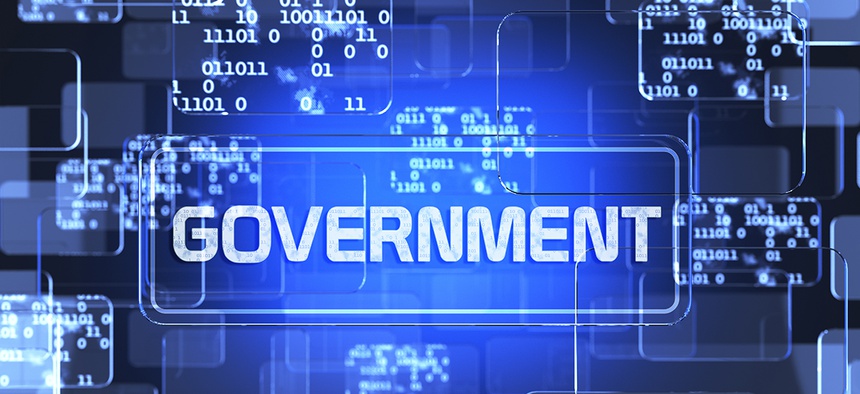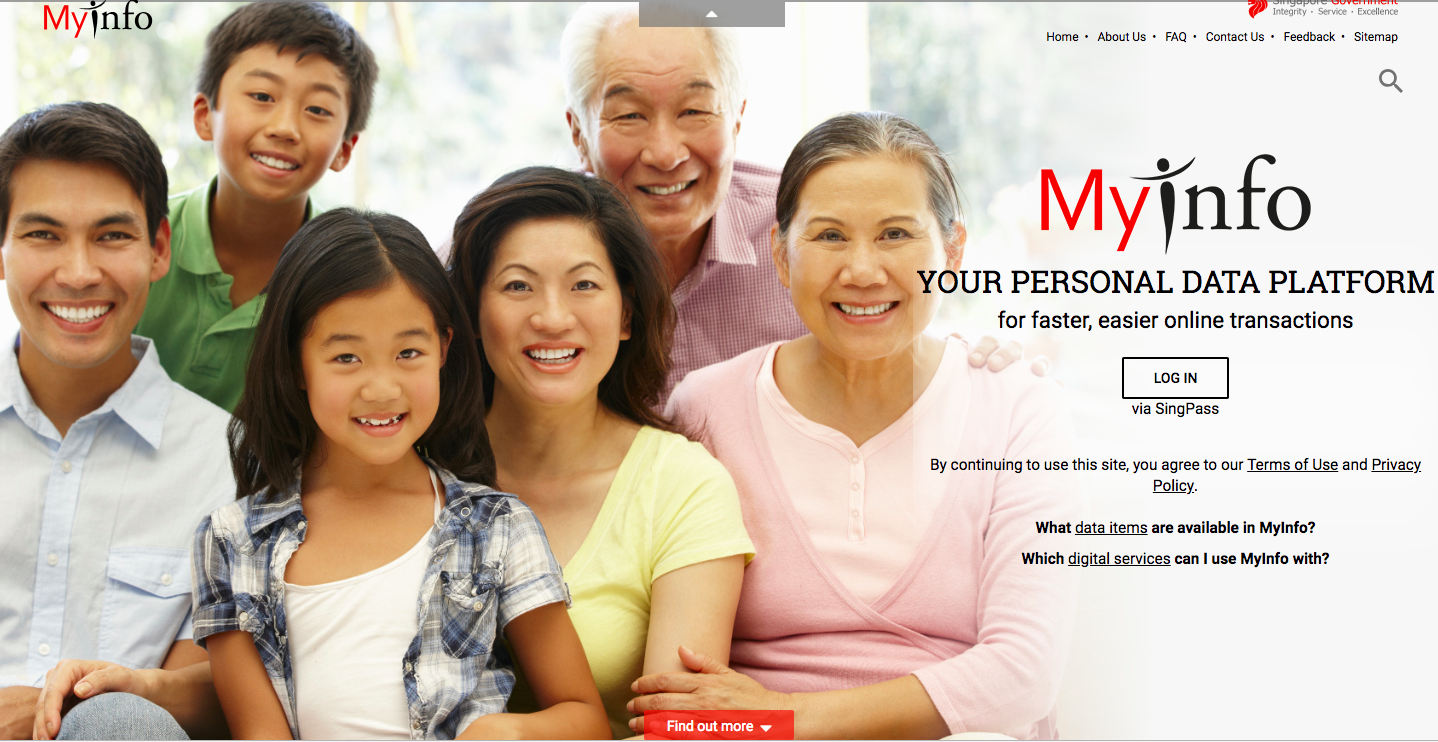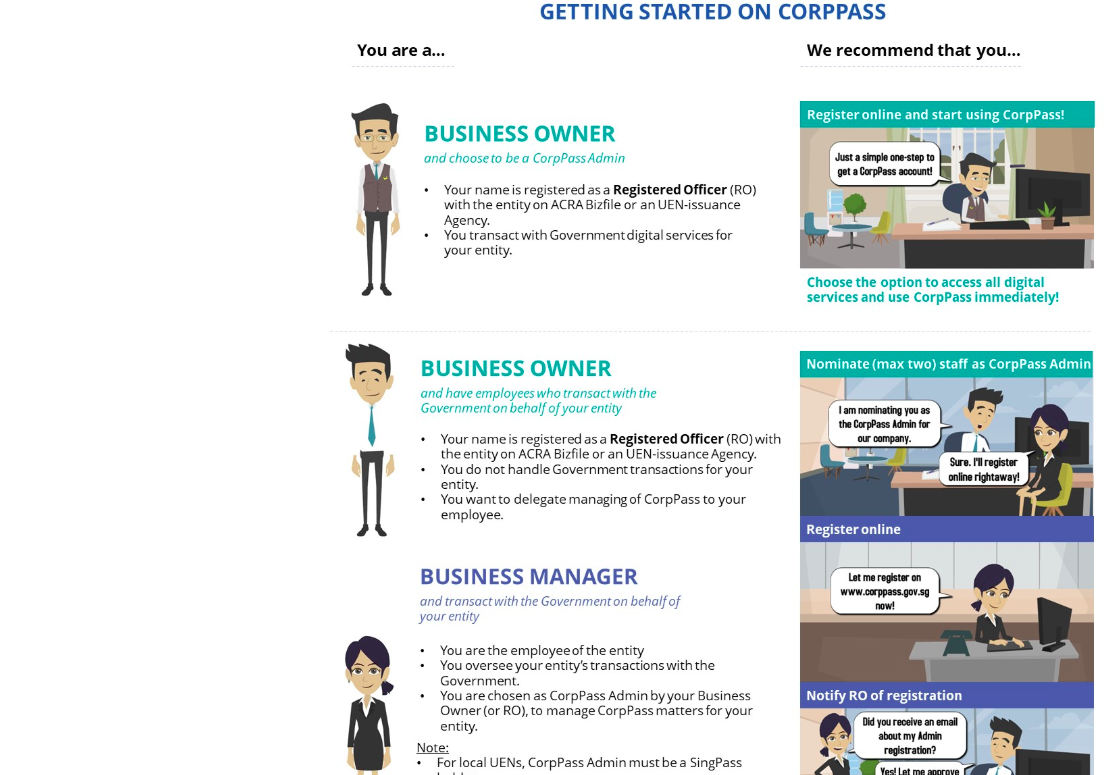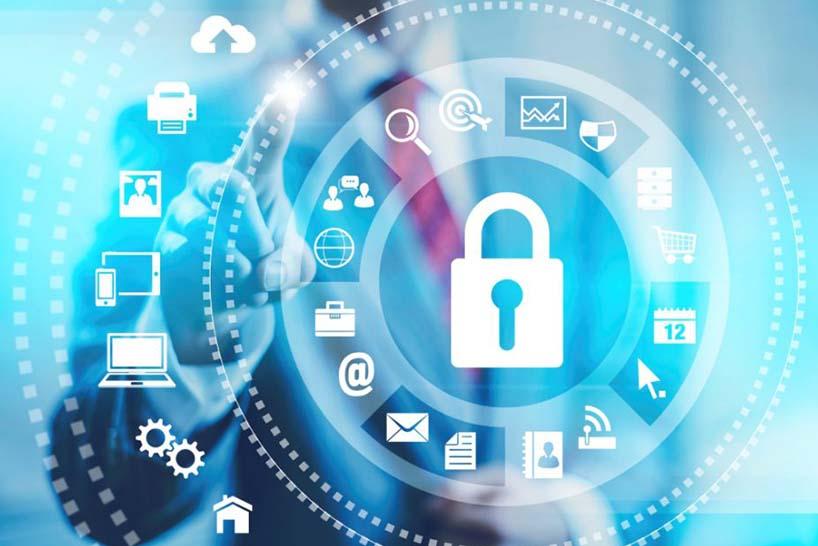Is our Government really digital?
by Chen Xinyi, Leo Qiyi Joel, Kok Wei En Isaac
20 Oct 2018
We have been talking about Smart Nation Initiatives for quite some time now and the government has been pushing at it for quite some time and even have a website stating all of these Smart Nation Initiatives that the government has implemented. Hence, in this article, we shall discuss about how digital is the government really?

Digital Government?
According to the Smart Nation Website : “The Public Service will transform into a Digital Government that delivers services with citizens at the heart of it. Agencies are re-designing online services and underlying processes to make them simpler to use and easier to access, including providing more services on mobile devices! A number of tech-enabled platforms have also been developed to make transacting with the Government easier and more seamless.”
Hence let’s take a look at these tech-enabled platforms that the Government has implemented to make our lives easier…..
First on the chopping board…MyInfo

MyInfo was officially launched on 5 May 2016 as a consent-based platform for Singapore residents to manage their personal data for Government electronic transactions.
The purpose of MyInfo is to eliminate repetitive form-filling and document verification, and it will also enhance accuracy. This will increase convenience, improve service standards, and reduce processing time. For instance, the processing time to open new bank accounts and credit card applications has been reduced by 80%. Backroom processes have become efficient.
MyInfo is currently available across more than 70 government e-services and 30 banking services, including applications for new flats, Baby Bonus scheme and polytechnic admissions.
Private companies can also innovate and build on top of these platforms. Through the MyInfo Developer & Partner Portal businesses can integrate their own digital services into MyInfo. Since the Portal’s launch in Nov 2017, more than 150 businesses from various industries have expressed interest in doing so.
To Find out more about MyInfo, please watch this video!
Next…SingPass Mobile
The new SingPass Mobile app which will launch in the second half of 2018, it will enable citizens to authenticate themselves more quickly and conveniently. It will allow biometric authentication(through the fingerprint/iris scanner on the user’s phone), and Singaporeans who are overseas will not have to wait to receive an SMS probably at some charge before they can log on to SingPass, hence making their logging on to SingPass a lot easier!
Lastly … CorpPass

Unlike MyInfo (stated above) which is for personal, individual use … CorpPass is a single authentication and authorisation system for businesses and other entities (such as non-profit organisations and associations) to access e-services provided by government agencies(eg: pay taxes to the government).
More government digital services have been added progressively since it was rolled out in September 2016. More than 130 government digital services are now using CorpPass as a login method.
To Find out more about CorpPass, please watch this video!
In Conclusion, …

However, although all of these tech-enabled platforms have made our lives easier by removing the things that can be and should be done by technology such as filling out forms with all of our information repeatedly though it is for the same entity (the government) but for slightly different objectives. This would help take the mundane task out of our hands. However, with all good solutions to current problems, there must be additional problems that arise from these solutions. One of such problems include the increased possibility of being hacked by hackers due to the fact that there is a lot of information (the information of businesses and other entities and even personal individual’s information) that could be hacked and taken away. One such example is this july, hackers hacked the health ministry database which leaked 1.5 million peoples’ information. Data taken include names and addresses but not medical records, other than medicines dispensed in some cases. This proves that hacking government websites and platforms is very possible and has happened at least 3 times over the past 2 years. Hence, if these platforms were to be successful and safe, a lot of data protection and encryption needs to be made and updated regularly such that hackers would have a hard time to hack the platforms and get our precious personal data no matter how deliberate, targeted and well-planned the attack is.
Finally let’s take a look at what other tech-enabled platforms/service could be coming in the future. One example is ……
Conversational Computing for public services
The Government is moving towards the next leap of digital engagement, beyond apps to conversational computing and voice-enabled services.
Amongst other efforts, Singapore is partnering Microsoft on “Conversations as a Platform” to explore opportunities in co-creating next-generation digital government services, this includes the use of intelligent software programmes known as chatbots, for selected public services where appropriate.
Quiz Time!
To test yourself on what you have learnt from the articles in the website and stand a chance to win some prizes and online achievement tokens, you can spend less than five minutes answering some easy questions at the Google Form here.